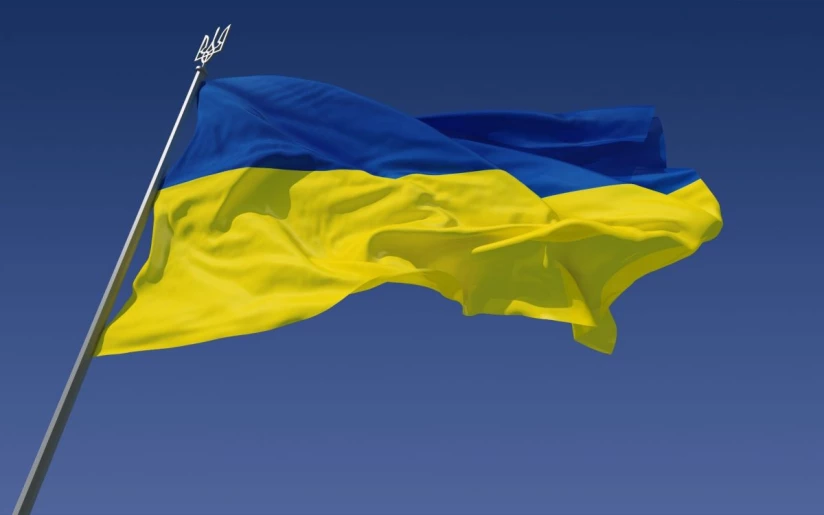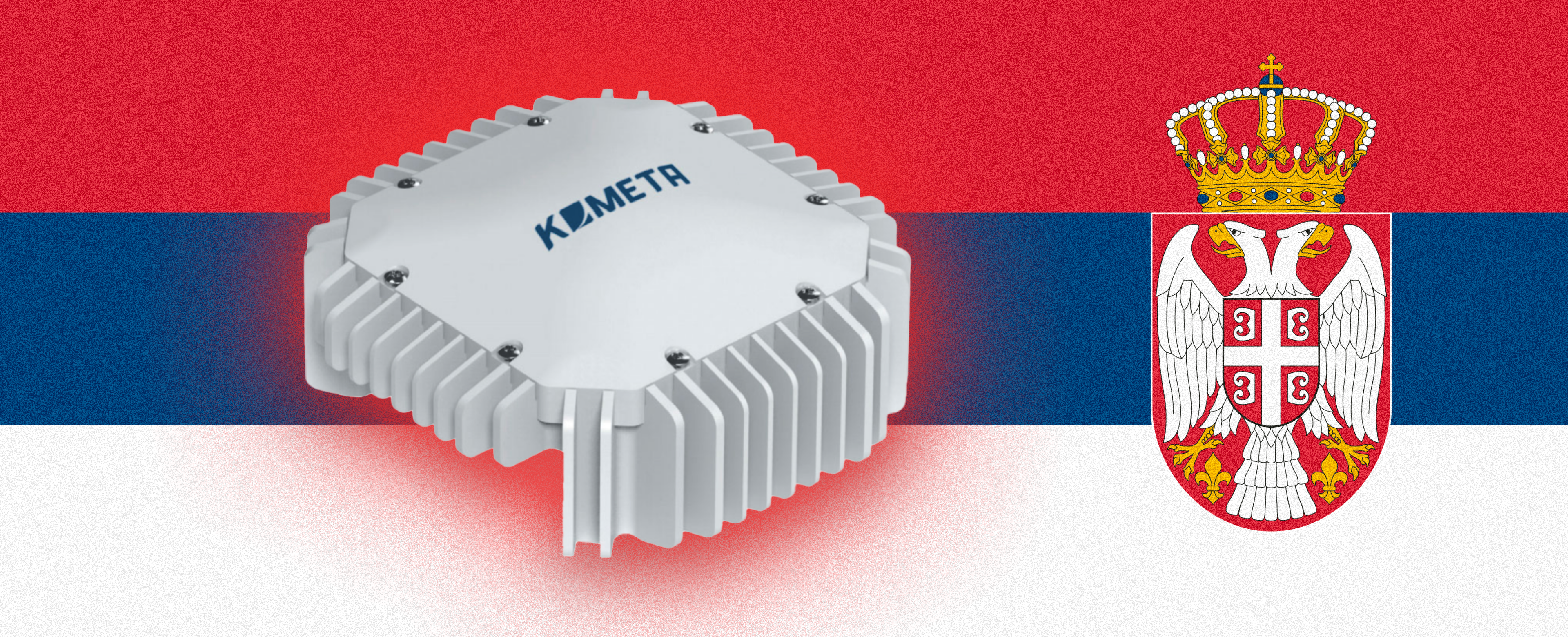Molfar's comment ⚡️ Delays in the adoption of laws demonstrate the attentiveness of elected officials to the initiatives that have been put forward for consideration. The process goes at a normal pace: long-term applications must be reviewed several times before they receive support. In this matter, public reaction to initiatives is also very important. Since the beginning of the war, public power has become the main factor in legislative changes. Wartime increased civic activism and strengthened democracy in Ukraine. Adopted laws and draft laws are placed at the end of the review. We advise you to look at them carefully and draw your own conclusions.
The Ukrainian Parliament had another Friday session on July 8th. Let’s look at what initiatives they paid attention to during last week.
The number of MPs decreased to 420. The Verkhovna Rada approved the early termination of the powers of Vadym Novynskyy. The former MP had previously decided to draw a mandate to "focus on humanitarian projects, the development of the national economy, service to the Ukrainian Orthodox Church (Moscow Patriarchate) and the restoration of destroyed churches."
Later, Verkhovna Rada expelled Oleksii Kovaliov from the Committee on Finance, Taxation and Customs Policy. Kovaliov is a suspect of high treason for collaboration with the occupation government in Kherson. He remains MP until sentencing.
State Budget's expenses have increased by more than UAH 80 billion ($2,713b). These funds will be primarily allocated for social needs: pensions, payouts, subsidies and support programs. Credits will cover the majority of these expenses.
On July 8, Verkhovna Rada failed to approve five bills out of 28 on the agenda. It happened for the first time since the beginning of the war. Thus, MPs sent all the following initiatives back for revision:
- Draft law on the protection of migrant workers and the fight against fraud in employment abroad.
- Only a few votes were not enough for the adoption of new legislation in the field of medicinal products.
- Amendments to the legislation on the employment of the unemployed also failed in the first reading. This initiative introduced compensation to employers for employing (young people in particular) and financial assistance for starting entrepreneurial activities.
- There was not enough support for the new legislation in personal data protection. The Ukrainian Helsinki Union for Human Rights also urged to revise it, given some shortcomings and norms, sometimes stricter than European ones.
- Creating an environmental monitoring system also did not receive the necessary votes.
In addition, Verkhovna Rada continued to adapt legislation to martial law. For instance, the budgetary procedure for local governments during the war has been simplified. Along with this, the changes affect:
- availability of medical and rehabilitation care;
- anti-corruption legislation in the matter of declaration of specific categories of gifts and aid received for the benefit of the army or war victims;
- exclusion of the filing of lawsuits challenging commanders' orders given to service people in a combat environment;
- exemption from liability for violation of the deadlines for the publication of financial statements during the war;
- peculiarities of the financial sector;
- prohibiting collectors and banks from collecting overdue debts from service people, internally displaced persons and volunteers;
- regulation of state policy in electronic communications and radio frequency spectrum during the war and the post-war reconstruction period;
- provision of additional guarantees of protection to journalists working in areas of hostilities;
- suspension of the awarding of the Verkhovna Rada prizes in the field of education in 2022;
- mechanisms for the protection of the civilians;
- prompt resolution of the exchange of prisoners of war;
- writing off or suspending the payment of loans for apartments or cars for those who lost them due to occupation or hostilities.
The most discussed law was the creation of the so-called «DNA database». It will store information for the identification of missing and unidentified persons. Entering data into the database will be mandatory for law-breakers.
Along with this, the Parliament adopted the following laws on:
- provision of rank-and-file and senior staff of the State Emergency Service with social protection on a par with military personnel and police;
- extension of the mandatory sale of electricity exclusively at electronic auctions until April 1, 2023;
- postponement of the transition to gas accounting in kilowatt-hours until the end of martial law;
- transfer of authority regarding parental responsibility and child protection measures to the National Social Service;
- expansion of the list of exceptions to the Law "On Public Procurement" to services necessary for the management of the public debt;
- implementation of energy efficiency and thermal modernisation of buildings;
- improvement of the implementation mechanisms of state regional policy and development;
- regulation of emissions of pollutants into atmospheric air.
The parliamentarians also supported the subsequent bills:
- on the development of civil aviation and the adaptation of Ukrainian legislation to European legislation;
- digitization of education and processing of personal data in the education management system;
- introduction of the possibility to give consent for the temporary departure of the child outside of Ukraine through Diia;
- simplification of the procedure for submitting information necessary for financial monitoring, also with the help of Diia;
- improvement of EDR mechanisms in matters of verification of information about the final beneficial owners and the ownership structure of legal entities;
- introduction of general digitization in construction processes during all stages of the life cycle;
- improvement of the procedures for issuing or extending the validity of permits for employment of foreigners and stateless persons.
The Verkhovna Rada also approved the National Informatization Program for 2022-2024. It defines the main directions of integration into the global information space, as well as the priority directions and tasks of digital transformation.




